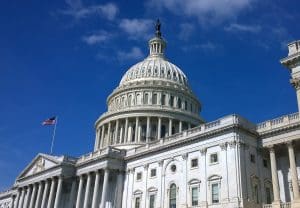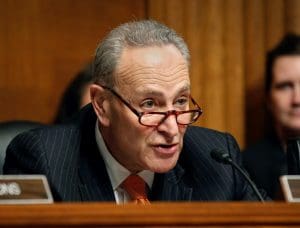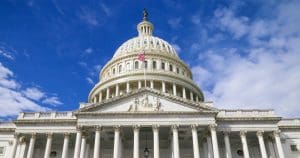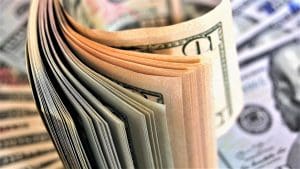
Blog Articles







Opportunities for Pro-Growth Tax Reform in Austria
Austria needs to pursue comprehensive business and individual tax reform if it wants to remain competitive. Our new guide explores several ways the Austrian government can achieve a simpler, more pro-growth tax code.
10 min read


Ready to go on BEPS 2.0?
8 min read


A High Tax Rate on Star Inventors Lowers Total Innovation
Findings from a new study suggest that while a policy agenda to revive innovation must include an assortment of changes – including greater access to mentorship – tax policy matters too.
2 min read

Sanders’ Estate Tax Plan Won’t Likely Raise the Revenue Intended
While progressivity may look appealing—particularly at a time when policymakers in Congress seem to be competing on how best to extract revenue from the wealthiest in the country—it may not raise the revenue intended.
2 min read

Don’t Judge Your Taxes by Your Refund
3 min read


Unclear if Warren’s Wealth Tax Proposal is Constitutional
There is a chance that Senator Warren’s proposed wealth tax would be found unconstitutional, but opinions are mixed and the precedents go both ways.
2 min read